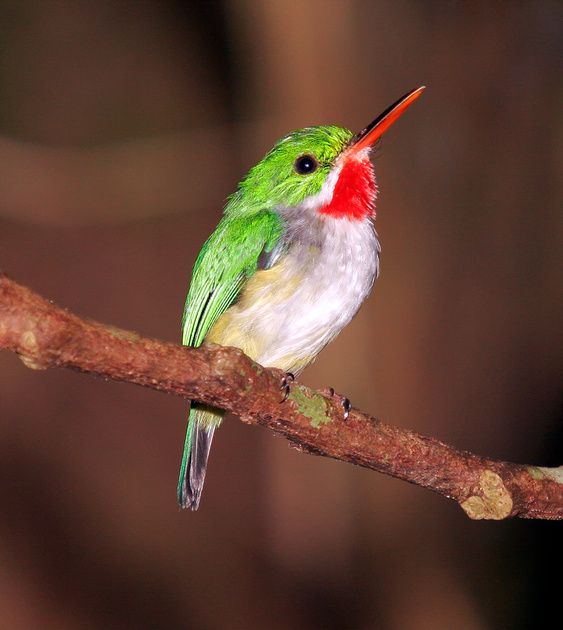- cross-posted to:
- earth@hexbear.net
- cross-posted to:
- earth@hexbear.net
The bluethroat (Luscinia svecica) is a small passerine bird that was formerly classed as a member of the thrush family Turdidae, but is now more generally considered to be an Old World flycatcher, Muscicapidae. It, and similar small European species, are often called chats. A small Robin-like bird, the male is unmistakable in spring with his bright blue throat, bordered below with bands of black, white and chestnut. Its central throat spot can be white or chestnut, depending on which subspecies you are looking at ‘white-spotted’ or the more numerous ‘red-spotted’. They are typically found in scrubby, brushy habitat, often in edge areas: reedbeds, overgrown fields, and thickets. They usually skulky but singing males can perch conspicuously atop a bush. Breeds across Europe and Asia into Alaska; winters from northern Africa to southeast Asia. Bluethroat is an insectivore. It forages in low vegetation to catch insects. When on the ground, it turns over the leaves and the soil to expose small invertebrates. Song varied, with rich musical notes, hisses, trills, and mimicry of other birds. Call is a harsh “tacc, tacc” and a “hweet.” Here is a link so you can listen to this bird too.

